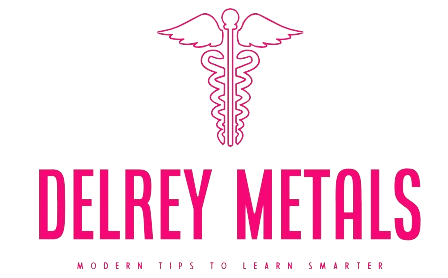Is hearing loss affecting children in any way? Children’s hearing loss is a significant concern that can affect their overall development and quality of life. This article will explore some astonishing facts about learning for hearing impaired children. From understanding the causes of hearing loss to early detection and diagnosis, we will delve into various aspects of this critical issue. So, let’s dive in and learn more!
Hearing loss in children is the partial or complete inability to hear sounds. It can occur at birth or develop later in life. Children rely on their hearing ability for language and speech development, learning for hearing impaired children, and social interaction. When hearing loss goes undetected or untreated, it can lead to speech and language acquisition delays, academic struggles, and social isolation.
Early Detection and Diagnosis
Hearing loss can be detected and diagnosed early in children is crucial for timely intervention and support. Newborn hearing screening programs have become a standard practice in many countries, enabling the identification of hearing loss shortly after birth. These screenings involve simple and painless tests to assess the baby’s response to sound. If a potential hearing loss is identified, further diagnostic evaluations, such as auditory brainstem response (ABR) tests and otoacoustic emissions (OAE) tests, may be conducted to determine the severity and type of hearing loss.
Hearing Loss Treatments for Children
The treatment options for children with several factors determine the severity and cause of hearing loss. Hearing aids are commonly used to amplify sounds and improve a child’s hearing ability. Cochlear implants could be recommended for children who have a greater degree of hearing loss. These devices bypass damaged parts, stimulate the auditory nerve directly, and heal damaged parts of the ear. FM systems are assistive listening devices that enhance a child’s hearing abilities in specific environments, such as classrooms or noisy settings.

Communication and Support for Children with Hearing Loss
Children with hearing loss may face communication challenges; however, they can thrive if given the right support. Speech therapy and auditory rehabilitation programs are vital in helping children develop their speech and language skills. Additionally, sign language and other visual communication methods can be valuable tools for children with profound hearing loss or those who are deaf. Creating an inclusive and supportive environment that accommodates deaf children with unique needs.
Coping Strategies for Parents and Families
Receiving a diagnosis of hearing loss in their child can be overwhelming for parents and families. It is crucial to seek emotional support and connect with organizations and communities that specialize in supporting families of children with hearing loss. Joining support groups, accessing educational resources, and staying informed about the latest advancements in hearing loss management can help parents and families confidently navigate this journey.









